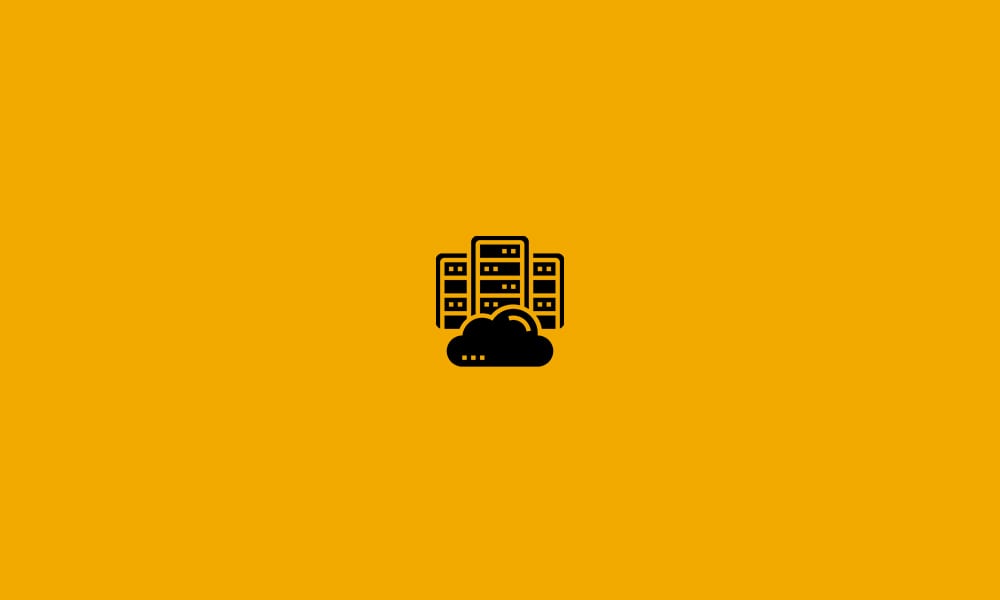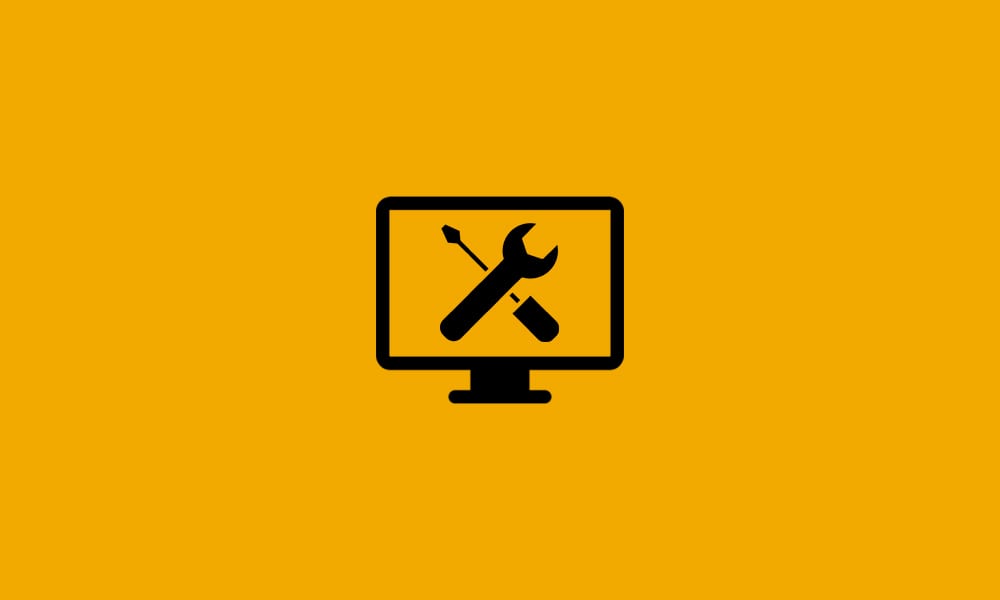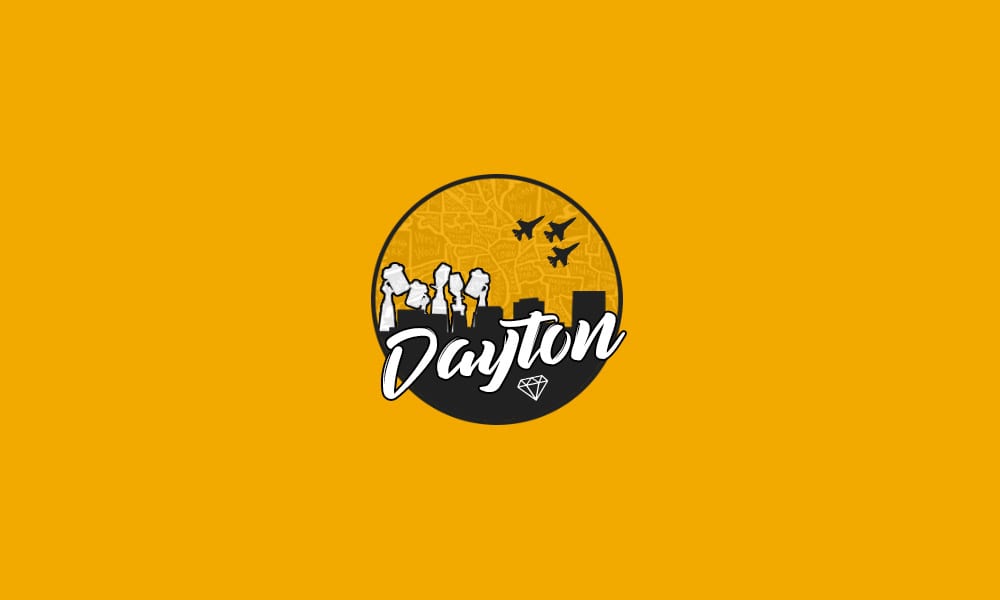For small and even medium sized businesses, it can be difficult to figure out which positions you need in your company and which ones you don’t. This is especially true when it comes to executive positions. On one hand, team leadership is vital for maintaining structure, managing departments, and growing in a healthy manner.
On the other hand, these higher-level positions can come with high salary requirements.
But the question isn’t just whether or not you can afford them. It’s also whether or not you really have the need for a full-time employee in that position. You might need some of their skills and duties fulfilled, but that’s not enough to justify a high-level hire.
Especially in the case of something like a CTO.
What Does a CTO Actually Do?
CTO stands for chief technical officer. Generally speaking, they have the role of managing technology infrastructure, overseeing teams, creating digital/tech strategies, and driving everyone towards overarching goals and standards.
However, with today’s tech-heavy, digitally driven world, the exact responsibilities of a CTO can get a little muddled. Sometimes they get mixed up with other positions, such as a VP of engineering or CIO.
In the case of tech startups, the founder and CEO actually might act more like a CTO. Or the CTO might be a separate cofounder.
For companies that aren’t building a software platform or a new piece of technology, however, a CTO usually isn’t an immediate position. As the company grows and you start to integrate more devices, digital storage, cloud-based software, etc. into your operations, some of those CTO-like skills are suddenly much more important.
Unfortunately, a quality in-house CTO is one of the most expensive hires to make, as they are typically highly educated and very experienced. Rather than creating an executive position that will prevent you from making other key hirings, you may want to consider outsourcing the basic CTO responsibilities to an IT company.
Advantages of Outsourcing Your CTO Needs
CTOs need to stay current with technology standards and security threats. They must also be good at developing and executing strategies to keep ahead of these standards and threats. As it happens, these are all things that full-service IT companies like Data Yard do by nature.
Because of this, IT companies are regularly used to handle the responsibilities typically associated with a CTO.
By utilizing a third-party IT company, you can have access to a higher level of knowledge and skills for less than an executive role would cost you. It’s also scalable, so you only pay for the amount of work that you need. As your company grows, the level of service provided by your IT partner can grow with you.
At Data Yard, our AYS (At-Your-Service) solutions allow us to operate as a partner of your business. We provide strategic support including big-picture planning, infrastructure management, security implementation, on-going support, and more.
We also fit into your business where you need us to. Whether you need us to act as your CTO and IT department or you need us to assist an in-house IT team, we have you covered. The responsibilities of a CTO are very important to a modern business, but that doesn’t mean you have to strain your budget on a single position.
Instead, contact Data Yard. Our IT consultants in Dayton, Ohio are happy to help you figure out how we can better serve your business.






